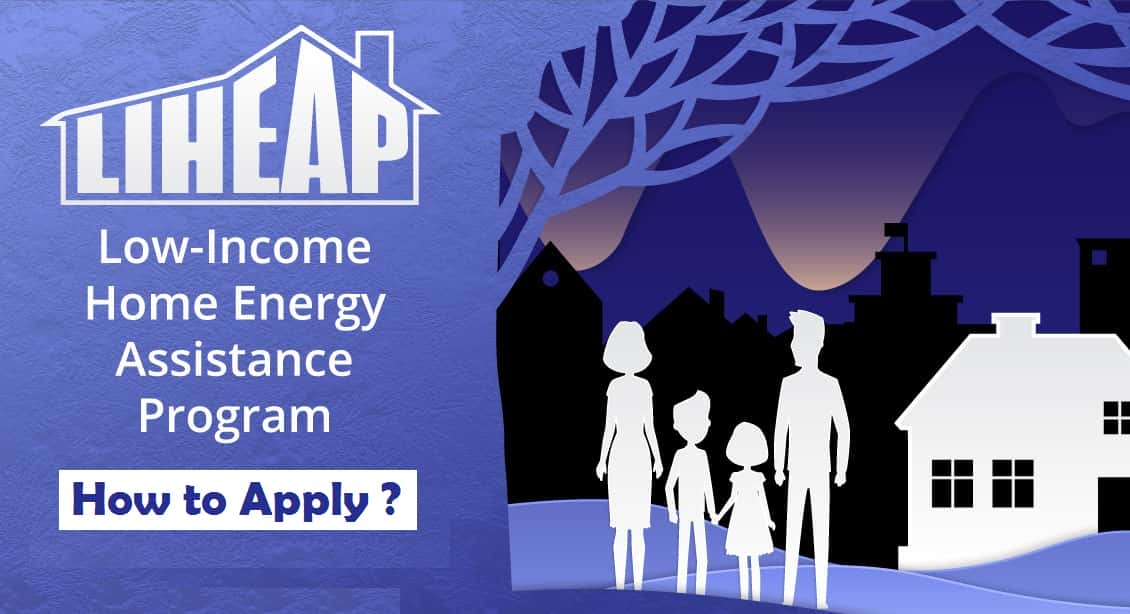Although the program may initially appear complex, a closer examination reveals that it is nothing to be intimidated by.

In these times of high inflation and economic uncertainty, the Low Income Home Energy Assistance Program, commonly known as LIHEAP, offers a much-needed lifeline
LIHEAP is a federal initiative designed to support financially disadvantaged individuals and families in paying their utility bills. According to the Department of Health and Human Services, LIHEAP assists impoverished households in covering their home energy bills, dealing with energy crises, and addressing minor energy-related home repairs, also known as weatherization. However, it is important to note that LIHEAP payments solely apply to heating and cooling costs, and they do not cover expenses such as water or sewage bills.
The administration of LIHEAP programs is carried out by states, tribes, or territories. The federal government allocates LIHEAP funding annually, and the states, tribes, and territories distribute it according to their discretion. Unfortunately, the available funds only reach approximately 20% of those who qualify for assistance. Once the funds are depleted, no further assistance can be provided until Congress authorizes a new package.
Eligibility criteria vary as each receiving state, territory, or tribe determines who qualifies for LIHEAP
Consequently, eligibility requirements can differ significantly depending on one’s place of residence. To ascertain whether you are eligible, it is advisable to contact your local LIHEAP office. However, in many cases, individuals who receive Temporary Assistance for Needy Families, Supplemental Nutrition Assistance Program benefits, Supplemental Security Income, or certain veterans benefits automatically qualify for LIHEAP.
LIHEAP plays a crucial role in alleviating the financial burden faced by low-income households struggling to meet their energy needs. As inflation persists and economic conditions remain uncertain, this federal program serves as a vital resource for those in need.
READ ALSO: TRS Retirees To Receive Up To $7,500 Direct Payment Under New Senate Bill In Texas




